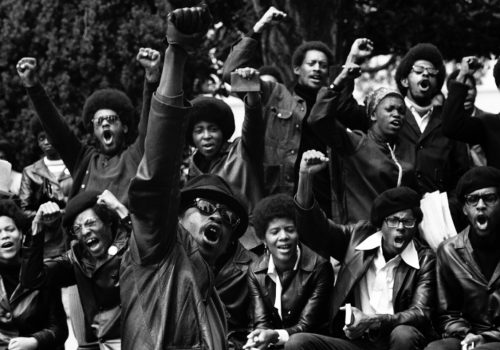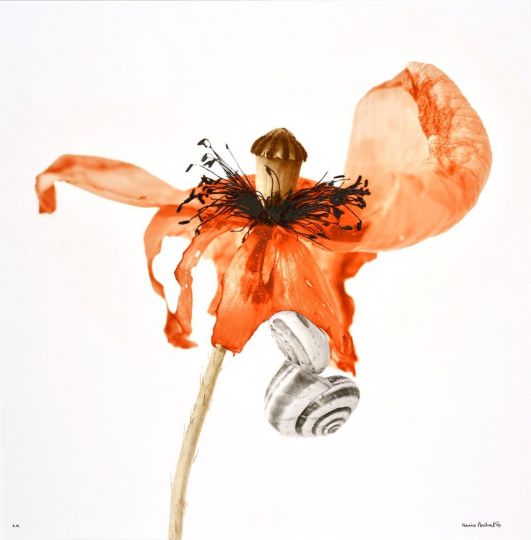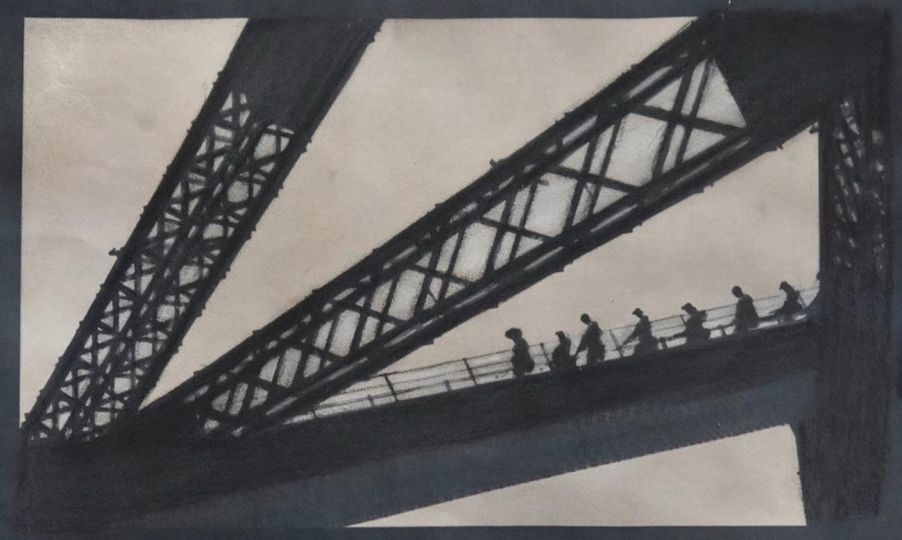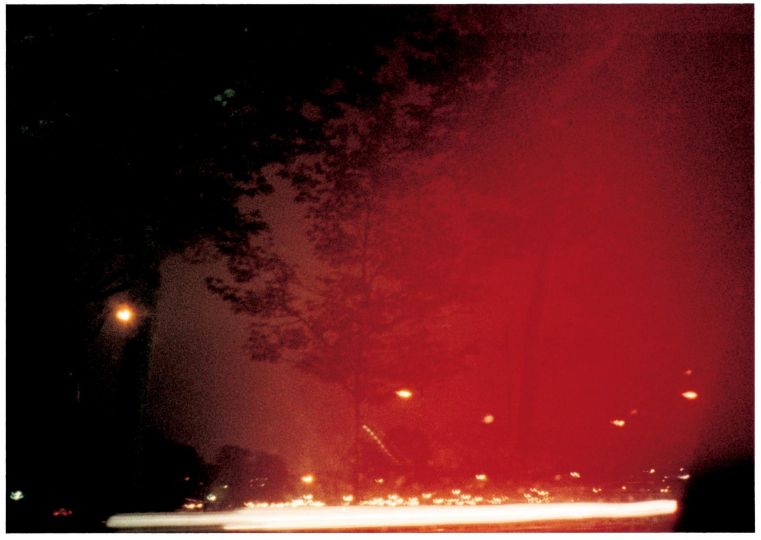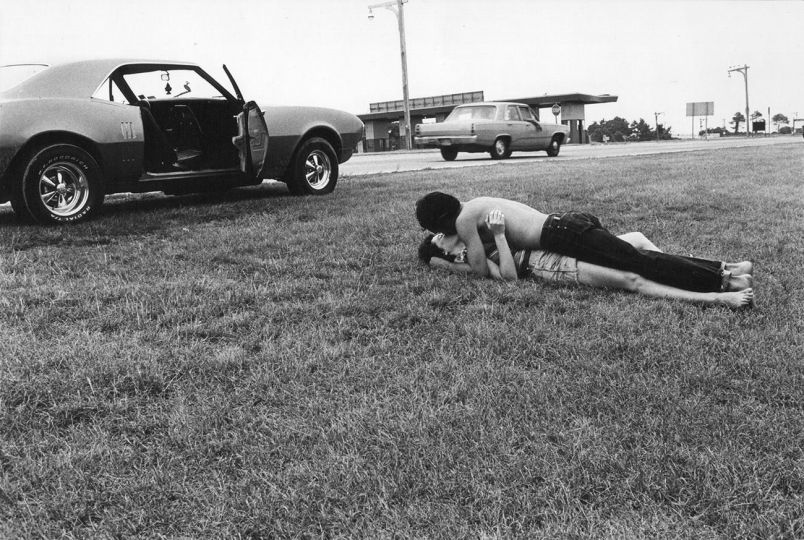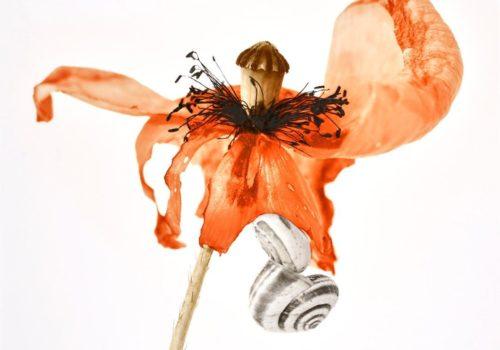Written by Burkhard Maus
First published in Mensch Maus… ! Pour la Liberté des Arts – Der Blog für die Freiheit der Künste http://menschmaus.eu/
Stephen Shames accompanied the Black Panther Party. As a young photojournalist (and as one of the very few white ones) he got the chance to portray men and women of the Black Panther Party: and especially to accompany them during these relevant political years. The photographer is one of the very few of the guild.
In 1968, President Lyndon Johnson commissioned the Kerner Commission to determine the causes of the violent 1967 riots that killed 43 in Detroit and 26 in Newark, while also causing casualties in 23 other cities. The Kerner Commission declared that poverty and institutional white racism (including “bad policing practices and a flawed judicial system”)—not black anger—were driving inner-city violence.
“White society,” the panel said, “is deeply implicated in the ghetto. White institutions created it, white institutions maintain it, and white society condones it.” The nation, the Kerner Commission warned, “was so divided that the United States was poised to fracture into two radically unequal societies—one black, one white.”
That was 1968 —52 years ago. What has changed?
Not much. Despite the election of a black president and the growth of an African-American middle class, institutional racism remains strong. Under Trump, racism, always there below the surface, has become normalized. George Floyd’s murder in broad daylight became the tipping point. Enough is enough.
That is the simple answer. Now the complex one: This is not just about racism. Racism is one of four epic, interconnected issues which threaten our very existence and the life of our planet. The other three are Income Inequality, Global Warming, and Pandemics.
Racism is the key to solving the other three problems. Racism is not the result of a few prejudiced people. Institutional racism is a conscious policy of divide and conquer that is as old as civilization. During European colonialism, racism, religious animosity, and tribalism were actively encouraged. The misery suffered by slaves provided cheap cotton to England’s mills. The financial value of slaves as human property provided the money that ushered in the industrial revolution and modern capitalism. After slavery was outlawed racism kept white factory workers from uniting with blacks.
Eliminating racism is vital because during the next few years humanity faces an apocalypse from the devasting consequences of global warming: economic devastation and death caused by hundred year storms every few years, raging out of control fires, rising sea levels, and future pandemics. Global warming has been cited as a cause of mass immigration and a contributing factor of terrorism. Human encroachment on animal habitats has contributed to the pandemics: AIDS, SARS, Ebola, and COVID-19 all passed from animals to humans.
Racism keeps us divided so we do not tackle income inequality, which puts government’s immense power in the hands of a few billionaires, who benefit financially from ignoring global warming and veto any effort to stop the apocalypse. To break the impasse, we must restore a degree of financial and political power to the rest of us. Eliminating institutional racism is the key that will unlock the closed door that diverts us from uniting to find solutions through collective strength and the wisdom gained from empowering the multiple and varied ethnic, racial, and gender voices of humanity.
We must decide whether we end racism, or we let racism ends us. Because there is only one future for all the world’s people and the one thing I know for certain is we will be united in that future. If we change our racist ways and unite to save the planet, we will continue to live on this planet together. if we continue down the divisive racist path, the earth will become unlivable, and our children and grandchildren will die together. Humanity will be united in life or united in death. It is time to choose our future.
Let’s wake up.
https://stephenshames.com/
Galerie Esther Woerdehoff
36, rue Falguière
75015 Paris
http://www.ewgalerie.com
La Maison Moulins http://www.maisonsfolie-lille.fr

